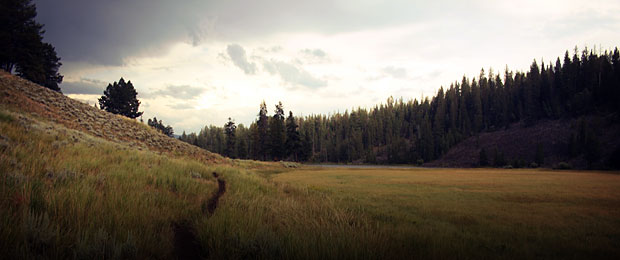"learning path" entries

CSS fundamentally transforms
Enabling the creation of maintainable sites and apps that look great across a variety of different devices and contexts.

Choose your Learning Path. Our new Learning Paths will help you get where you want to go, whether it’s learning a programming language, developing new skills, or getting started with something entirely new.
CSS is different. Cascading Style Sheets provide a text-based way to describe what web pages should look like, but it isn’t a programming language and it relies on HTML document structures as a foundation. You need to have a grasp of HTML before you start CSS, but CSS doesn’t look anything like HTML. Nor does it look like JavaScript, the most common programming language on the Web. Whatever your background, getting comfortable with CSS’ unique approach can take some work.
CSS’ declarative model can be uniquely efficient, but requires an understanding not only of the features you want to use but the approach you want to take in decorating a document tree. That means understanding the document tree (and there may be many variations as you apply the same style sheet to multiple documents), the selectors used to identify points on the tree, the cascade that resolves conflicts among selectors, and the properties applied to that tree. Of course, the properties interact with each other and a shared model, so you’ll need to understand how the properties how to make those interactions produce your vision.
Read more…

Everyone is a beginner at something
Becoming confident with the fundamentals.

Choose your Learning Path. Our new Learning Paths will help you get where you want to go, whether it’s learning a programming language, developing new skills, or getting started with something entirely new.
I’ve noticed a curious thing about the term “beginner.” It’s acquired a sort of stigma — we seem to most often identify ourselves by what we’re an expert in, as if our burgeoning interests/talents have less value. An experienced PHP person who is just starting Python, for example, would rarely describe herself as a “Python Beginner” on a conference badge or biography. There are exceptions, of course, people eager to talk about what they’re learning; but, on the whole, it’s not something we see much.
I work on the Head First content, and first noticed it there. You suggest to a Java developer looking to learn Ruby that she check out our Head First Ruby. “But I know programming,” she’s likely to reply, “I’m not a beginner, I just need to learn Ruby.” People, by and large, buy into the stigma of being a “beginner,” which is, frankly, silly. Everyone is a beginner at something.

How do you become a data scientist? Well, it depends
My obsession with data and user needs is now focused on the many paths toward data science.
Over Thanksgiving, Richie and Violet asked me if I preferred the iPhone or the Galaxy SIII. I have both. It is a long story. My response was, “It depends.” Richie, who would probably bleed Apple if you cut him, was very unsatisfied with my answer. Violet was more diplomatic. Yet, it does depend. It depends on what the user wants to use the device for.
I say, “It depends” a lot in my life.
Both in the personal life and the work life … well, because it really is all one life isn’t it? With my work over the past decade or so, I have been obsessive about being user-focused. I spend a lot of time thinking about whom a product, feature, or service is for and how they will use it. Not how I want them to use it — how they want to use it and what problem they are trying to solve with it.
Before I joined O’Reilly, I was obsessively focused on the audience for my data analysis. “C” level execs look for different kinds of insights than a director of engineering. A field sales rep looks for different insights than a software developer. Understanding more about who the user or audience was for a data project enabled me to map the insights to the user’s role, their priorities, and how they wanted to use the data. Because, you know what isn’t too great? When you spend a significant amount of time working on something that does not get used or is not what someone needed to help them in their job.
Read more…

Choose your own adventure… er… learning path
There's a lot to be said that's positive about our declining economy. (Yeah, it's an odd beginning. But hang in there with me.) In the publishing industry, for example, we're having to be a lot more careful about what products we release. We're also having to be more efficient in our products; people want more for less.
